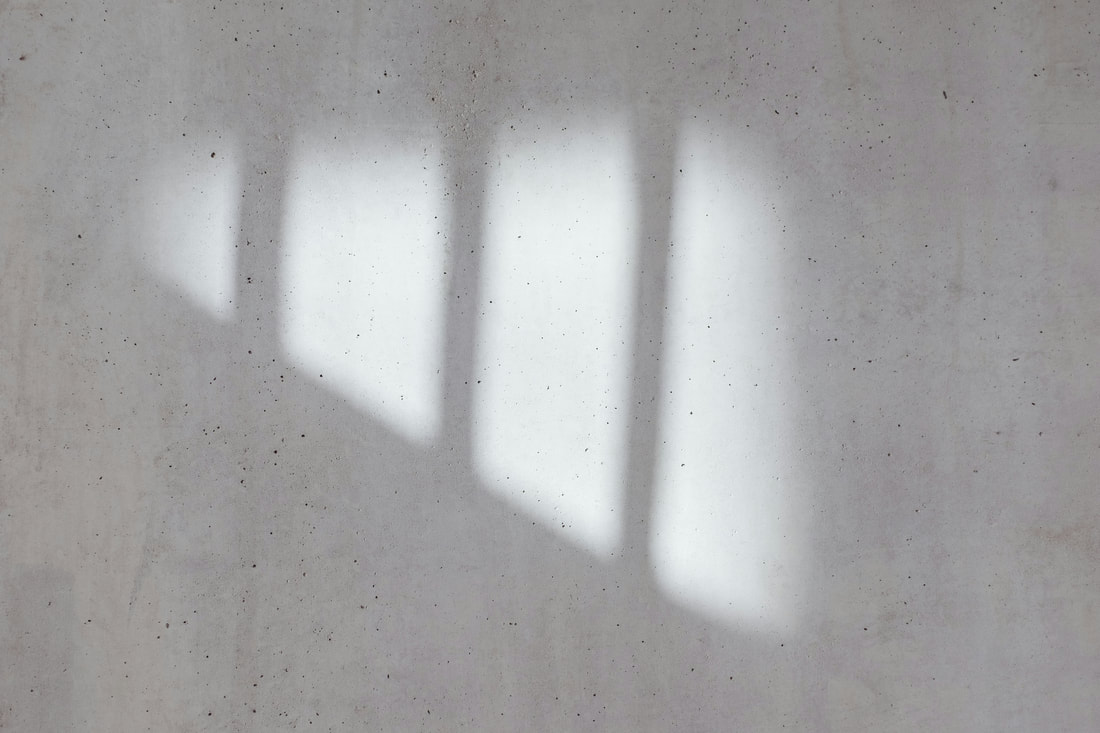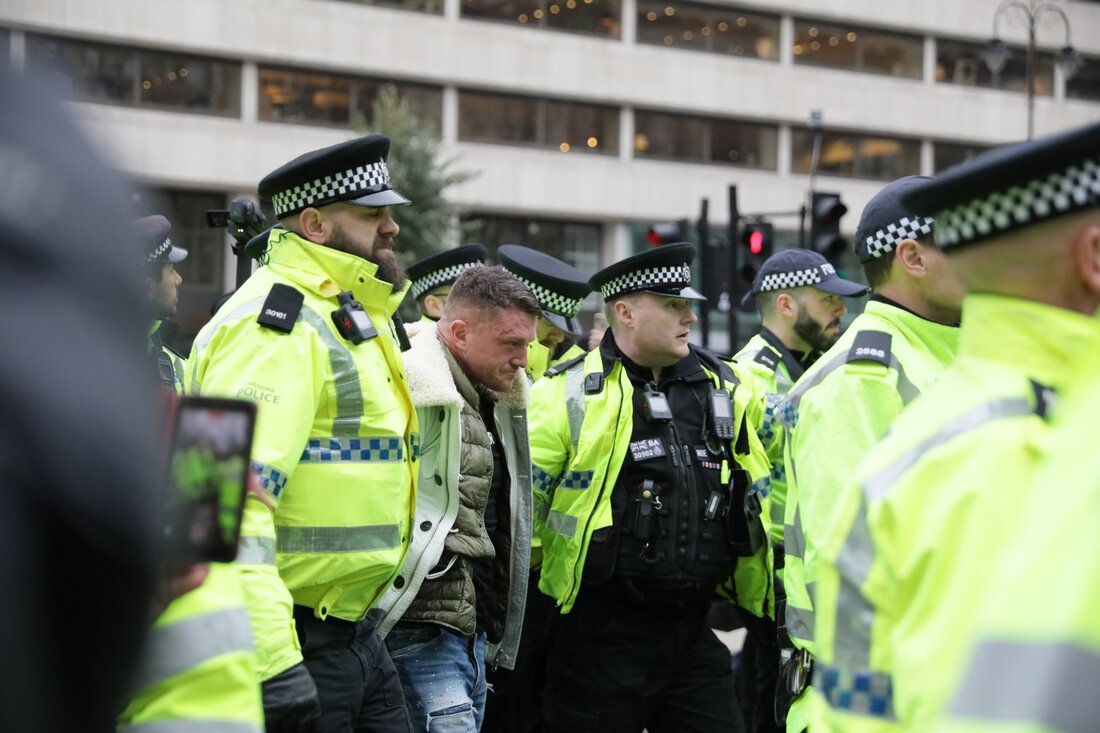|
|
|
Kashmiri solidarity with Palestine and the ongoing situation in Gaza is currently being silenced by Narendra Modi’s BJP. For decades, the ongoing resistance between Kashmiri civilians and Indian security forces in the Kashmir Valley (particularly Srinagar) has drawn inspiration from the Palestinian struggle (particularly in Gaza) and the two situations have often been compared and contrasted. However, since October 2023, the solidarity that Kashmiris have towards Palestine and the ways in which it is expressed has changed because of the clamping down of Modi’s BJP and his security forces. This short piece provides insight into two aspects of Kashmiri solidarity with Palestine. Firstly, it looks at why Kashmiris are willing to risk their own safety to stand in solidarity with Palestinians in Gaza. Secondly, it explores exactly what this solidarity looks like and examines how Kashmiris are finding alternative ways to resist such silencing that may not be through street demonstrations, but instead using the mediums of art and poetry. The piece considers the following questions: why do Kashmiris stand in solidarity with Palestine? What are the consequences that Kashmiris face through this solidarity? Why does Modi silence Kashmiris when it comes to Palestine?
0 Comments
Blog post by Revital Madar, European University Institute, Italy
At the time of writing this text, more than 30,000 Palestinians have been killed by the Israeli army in Gaza since Hamas attacked the south of Israel on October 7, 2023. It’s a number that one cannot really grasp. Yet, it is a number that spreads terror. Especially when it indicates that this number includes the killing of more than 12,000 children and that, as terrible as these numbers are, they do not include those who were buried under the rubble and people who died because they didn’t have access to medical care and simple essential nutrition and drinking water. Yet, according to a poll conducted in the middle of January this year, 51% of Israeli Jews consider the Israeli army to be using an appropriate amount of force in Gaza. Another 43% consider the current attack on Gaza not enough, force-wise. A more recent poll (February 12-15, 2024) found that nearly 70% of Jewish Israelis do not support transferring humanitarian aid to Gaza, even if this aid is transferred by international bodies that are not related to Hamas or UNRWA.
Gaza, Solidarity and the Right to Protest Blog Series, Guest Edited by Alana Lentin and colleagues
Blog post by Anna Younes Dr Anna Younes is a scholar of race critical theories, using psychoanalytic approaches and post-/colonial theory. Israel is “imposing a complete siege on Gaza.
Israeli politicians, lawmakers, military personnel, as well as ordinary civilians, are talking – yet again – about Palestinians as animals: “human animals”, to be precise. For race critical scholars, or those studying genocides, it is no news that such dehumanizing language is often followed by an equally dehumanizing treatment. But what does that mean concretely for our understand of fast or slow genocide/s, and how might it propel academia to reframe our thinking around settler colonialism when viewing dehumanization through animal taxonomies?
Blog post by Aaron Winter, Lancaster University, and Co-Editor, Identities: Global Studies in Culture and Power. Cross-posted from openDemocracy.
Since the horrific Hamas attack in Israel on 7 October and Israel’s assault on Gaza in response, I have heard a great deal about how Jewish people in Britain, as well as other places, are intimidated, afraid and under threat. According to Justin Cohen of The Jewish News, “the Jewish community at the moment is full of dread, full of fear, like I've never seen before”. According to the Campaign Against Antisemitism, British Jews felt “forced to hide” during “anti-Israel” protests in London. Havering Council in London even cancelled its annual Hanukkah menorah display out of fears it could “inflame tensions”, though subsequently reversed the decision. We have also seen similar cancellations in the US.
Gaza, Solidarity and the Right to Protest Blog Series, Guest Edited by Alana Lentin and colleagues
Blog post by Tom Six Dr Tom Six is a Reader in Politics and Performance and Head of the Research Degrees Programme at the Royal Central School of Speech & Drama at the University of London. One of the most striking features of British responses to Israel's recent genocidal violence has been the tenacity with which liberal commentators have defended it. If we are shocked by this willingness to defend the luridly indefensible, however, we should not be surprised by it. Defence of Israel's colonialism at a structural level - sometimes balanced by criticism of its more extreme advocates - is a core commitment of liberal politics and culture, rarely subjected to serious analysis, let alone challenged. I therefore offer, here, an account of a particular example of this phenomenon, the 2022 documentary play Jews. In Their Own Words, which was written by journalist and commentator Jonathan Freedland and staged at the Royal Court Theatre in London in response to incidents of antisemitism in that theatre. Reading this production in dialogue with Freedland's writing about Israel's assault on Gaza, as well as that of other liberal commentators, offers, I argue, some crucial insights into the commitments and strategies of liberal anti-antisemitism and its peculiar relationship to an Israeli state that is currently – even by its own historic standards – flagrantly illiberal. In brief, I argue that what is at stake in liberal accounts of contemporary antisemitism has been widely misdiagnosed. The issue is not so much that exaggerated accusations of anti-Jewish racism are 'weaponized' for political gain, as is widely asserted, but is a criticism so generalizable that it fails to illuminate this particular context very much. More specifically, responses to antisemitism have been widely constructed by liberals so as to constitute plausibly deniable support for Israel. By analysing this strategy of liberal Zionism, we can more accurately critique its attempt to erase colonialism from considerations of Israel, and thus to defend the indefensible.
Gaza, Solidarity and the Right to Protest Blog Series, Guest Edited by Alana Lentin and colleagues
Blog post by Shereen Fernandez and Waqas Tufail Shereen Fernandez is an LSE Fellow in the Department of Sociology at the London School of Economics and Political Science. Waqas Tufail is a Reader in Criminology in the School of Social Sciences at Leeds Beckett University. The current wave of international solidarity with Palestine has faced significant backlash in Western nations primarily from politicians and media outlets, but also from within institutions. In the United States, for instance, there are countless reports of individuals being fired from their jobs for publicly expressing sentiments of solidarity with Palestinians and particularly those under siege in Gaza. On US college campuses, doxxing of students expressing sympathy towards Palestinians using billboards attached to trucks has been employed as a technique to publicly name and shame individuals. One purpose of such tactics is to inform future employers not to hire these students but more chillingly it is a strategy used to dissuade and silence others from taking such principled action. This silencing can often be violent, as demonstrated by the recent shooting of three Palestinian male students in Vermont, who were allegedly targeted for wearing keffiyehs.
Gaza, Solidarity and the Right to Protest Blog Series, Guest Edited by Alana Lentin and colleagues
Blog post by Rachel Solnick and Clive Gabay Rachel Solnick is a PhD candidate in the Department of Geography and Earth Sciences at Aberystwyth University. Clive Gabay is a Reader in International Politics at Queen Mary University of London.
Israel's relentless bombing of Gaza, which scholars have warned could amount to the crime of genocide, has been met with global protests. An important element of these protests has been growing numbers of individual and collectively organized Jewish protesters, many of whom identify as anti-Zionist. Across various locations, notably in the US and Germany, Jewish anti-Zionist protestors have been met with police arrest, as well as growing calls from Zionist Jews to label them as “cherem”, an old term denoting total exclusion and excommunication from the Jewish faith. Such attempts to erase Jewish anti-Zionists are not new and have regularly characterized Zionist attacks on Jews both from within the Zionist Jewish community and from non-Jewish Zionist politicians and media. While Zionism has only been a majority position within institutionalized diasporic Jewish spaces since the mid-20th century, and could be found being resisted even as late as the 1960s*, Zionist historiographies have rendered the many Jewish non- and anti-Zionist communities and movements that characterize Jewish histories almost unknown and redundant as templates for contemporary Jewish identity. At a time when there are increasing efforts to police Jewish anti-Zionism, it is vital to historicize the traditions of non-Zionist Jewish thought and mobilization.
Gaza, Solidarity and the Right to Protest Blog Series, Guest Edited by Alana Lentin and colleagues
Blog post by Ronit Lentin A retired Associate Professor of Sociology, Ronit Lentin is the author of Traces of Racial Exception: Racializing Israeli Settler Colonialism (2018). The question to be asked is… how long are we going to deny that the cries of the people of Gaza… are directly connected to the policies of the Israeli government and not to the cries of the victims of Nazism? (Edward Said, 1994) What we are experiencing here in Gaza is not a war, but a genocide… War is between countries that have militaries, weapons, and air forces. War is not waged against 2.3 million civilians who live in an area of 360 square km and have been under siege for more than seventeen years (Ruwaida Amer, 2 November 2023)
A month into the Israeli genocidal attack on Gaza, junior minister Amichai Eliahu called for dropping a nuclear bomb on Gaza, saying “Gaza has to stop existing… (Gazans) cannot live on this earth”. He later retracted, saying it was “only metaphorical.” But genocide is not a metaphor, to borrow from Eve Tuck and Wayne Yang’s essay, “Decolonization is not a metaphor”.
|
|
Explore Identities at tandfonline.com/GIDE |
|
The views and opinions expressed on The Identities Blog are solely those of the original blog post authors, and not of the journal, Taylor & Francis Group or the University of Glasgow.








